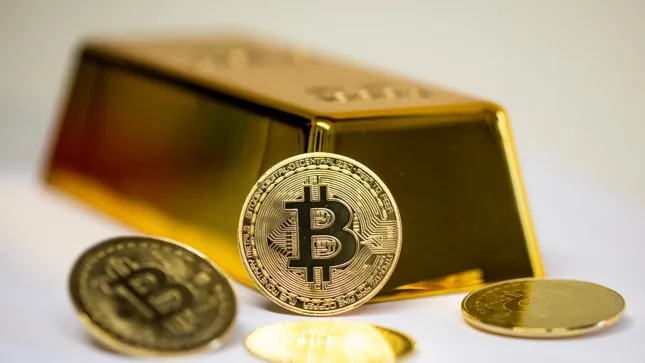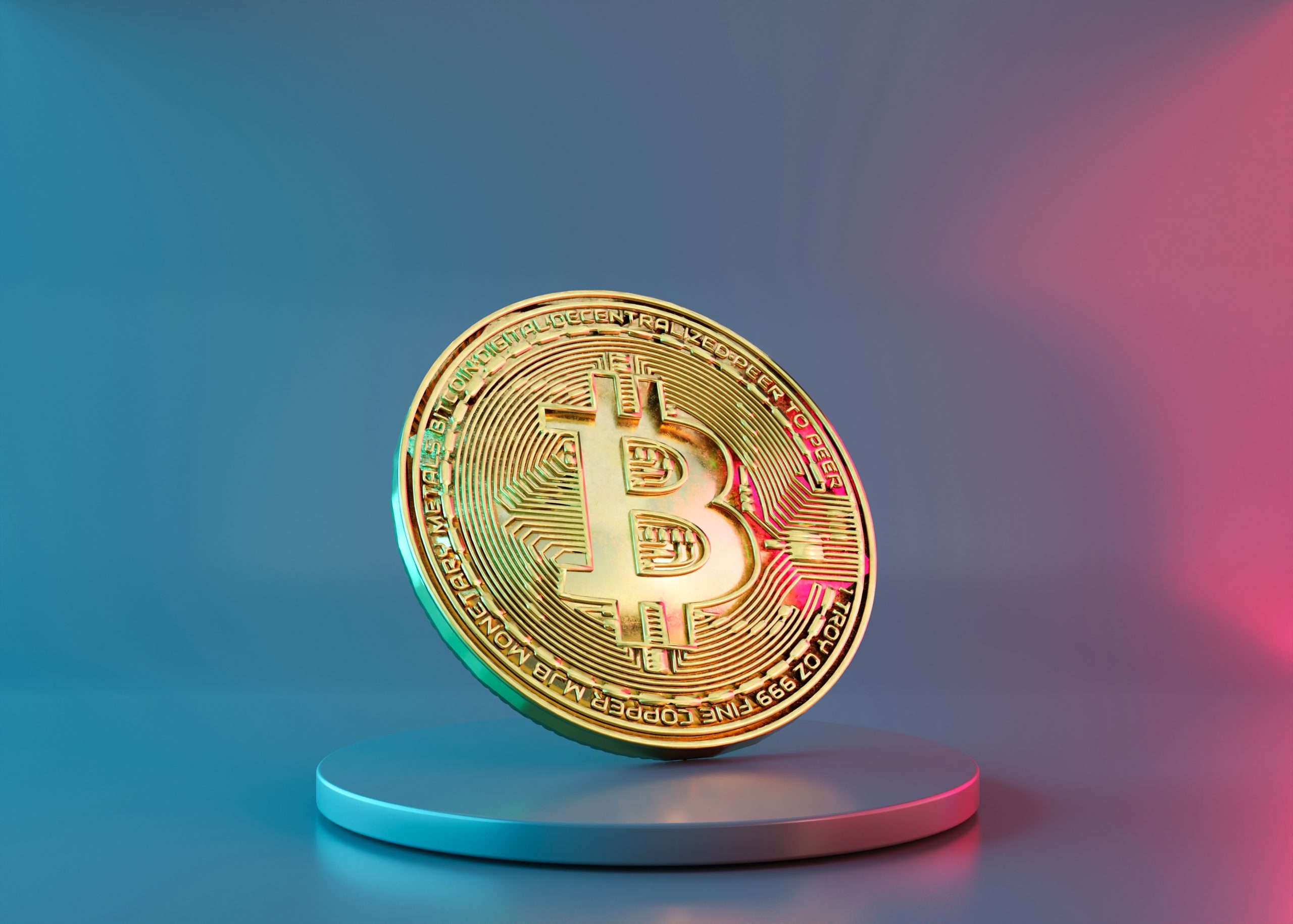Bitcoin and Gold: Where to Put Your Money When Everything Falls Apart?

In times of economic uncertainty, people look for safe places to keep their money. Two popular options are gold and Bitcoin. But which one is better when the markets crash? Analysts at FactSet have been studying this question.
Gold: The Traditional Safe Haven
Gold has been trusted for thousands of years. It's a limited resource with worldwide acceptance, especially by central banks. This makes it a stable store of value during economic crises. Throughout history, currencies not backed by real assets have often failed. Gold is seen as insurance against the value of currencies going down. FactSet points out that gold acts as a reliable "anchor" when people lose faith in regular money. It has proven itself, especially during periods of high inflation, like the 1970s.
Bitcoin: The New Challenger
Bitcoin, created in 2009, is known for its ups and downs. Its price can change dramatically in a single day. However, over the long term, Bitcoin has provided higher returns than gold. Like gold, Bitcoin is also limited in supply. There will only ever be 21 million Bitcoins. Also, the rate at which new Bitcoins are created slows down over time.
FactSet analysts suggest that Bitcoin is becoming a modern alternative to gold. While gold has a history of protecting against inflation and uncertainty, Bitcoin remains a riskier investment, even though more institutions are starting to accept it.
How They Perform in a Crisis
During economic downturns, gold tends to remain stable, while Bitcoin often declines along with the overall market. For example, at the start of the COVID-19 crisis in March 2020, Bitcoin lost over 40% of its value in one day. This kind of drop is not expected from a "safe haven" asset. However, Bitcoin has sometimes moved independently of the stock market during geopolitical tensions. FactSet believes this could be because people are gaining confidence in Bitcoin's decentralized nature.
Growing Interest from Big Players
Both gold and Bitcoin are attracting more interest from institutions. In 2024, investments in gold-backed funds increased by 25%, according to the World Gold Council. Central banks bought a significant amount of gold, much more than officially reported. Bitcoin is also seeing large inflows into new exchange-traded funds (ETFs). Some companies are significantly increasing their Bitcoin holdings. However, public pension funds and government funds are still cautious and haven't invested heavily in Bitcoin ETFs due to regulations and other concerns.
The Future: Uncertain for Bitcoin?
While gold has proven to be a reliable store of value during crises, Bitcoin remains a speculative asset despite technological advancements. FactSet analysts warn that Bitcoin is closely tied to blockchain technology, which could be a disadvantage. Advances in technology, such as quantum computers, could potentially compromise Bitcoin's security, posing a long-term risk.
Conclusion
Gold and Bitcoin can both have a place in an investment portfolio, but they serve different purposes. Gold is a proven safe haven and a reliable choice for defensive portfolios. Bitcoin offers the potential for growth but comes with more risk. Both assets have little correlation with traditional investments, providing diversification. Investors should understand their own risk tolerance and investment goals before choosing between gold and Bitcoin.

